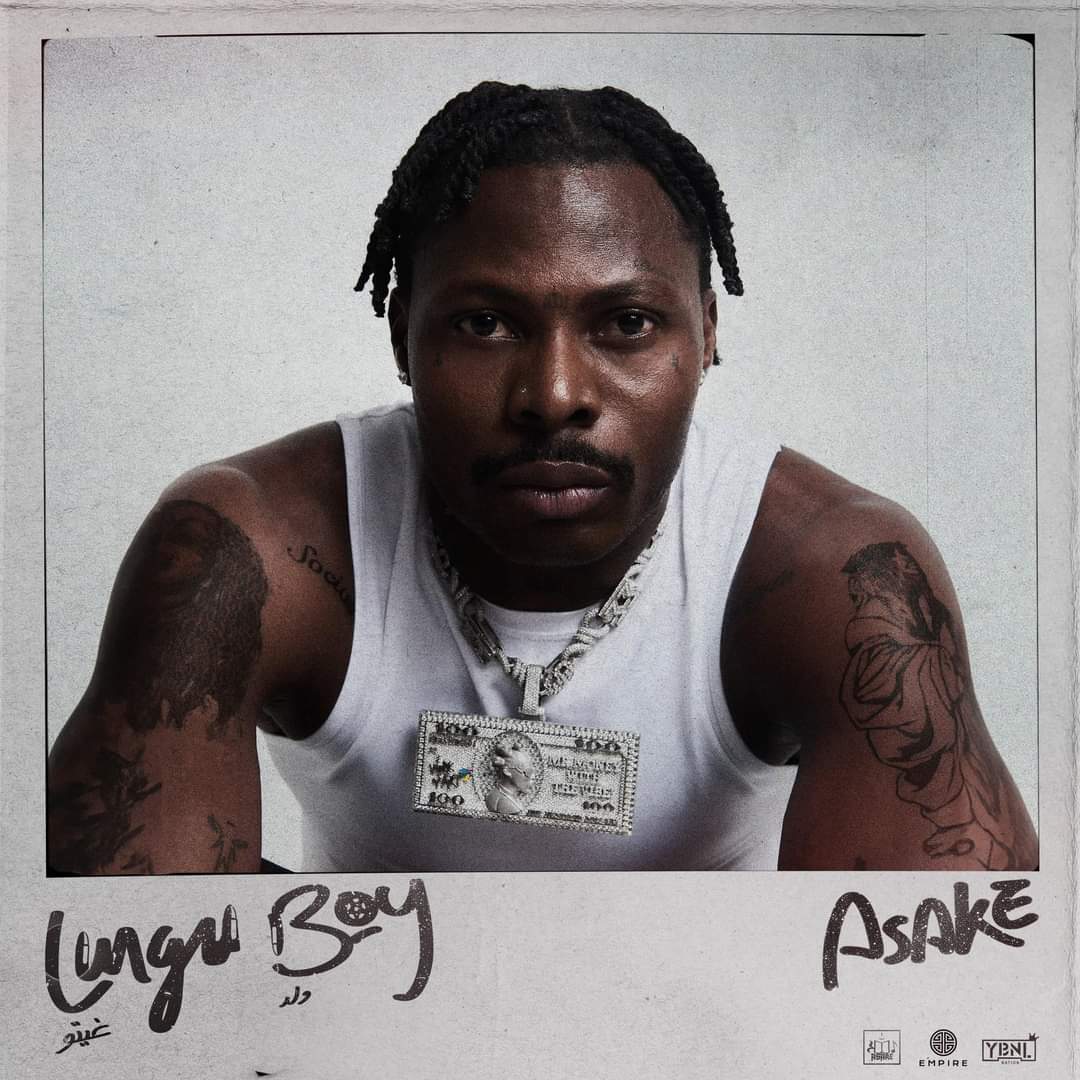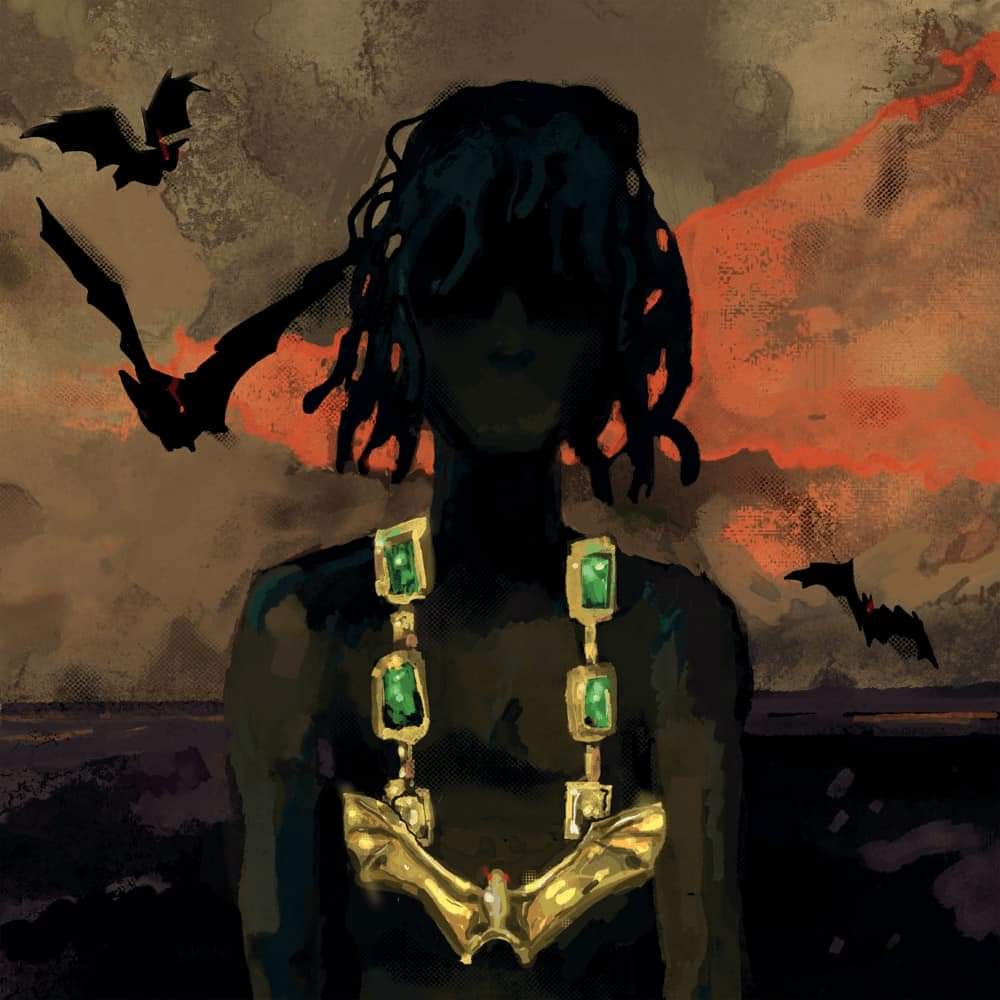Two superstars. Two experiments. Different outcomes. How come? And before you come to quote chart performance, kindly realise that an average or even a poor song with good marketing can do very well on the charts. Commercial success is not the same as critical acclaim.
Both artistes’ ascent to stardom shows the impact a solid label can make: Rema reached the peak in 5 years, pushed to the front by the Mavin machine. Asake did it in 2 years, with back to back classic albums and the full blessing of YBNL.

Asake’s debut album ‘Mr. Money with the Vibe’ was an instant classic and arguably one of the best debut by an Afrobeats artiste. Not even Rema’s ‘Raves and Roses’ drew as much critical acclaim. Asake cemented his superstar status with his sophomore album, ‘Work of Art’, an album that is worth its weight in gold. The album was successful both critically and commercially, spawning hit singles like ‘Lonely at the Top’, ‘Remember’, ‘2:30’, ‘Basquiat’, ‘Yoga’.
So, naturally, expectations were high for ‘Lungu Boy’. When he released ‘Only Me’ in January 2024, it seemed we were on track to get a trifecta: back-to-back-to-back classic albums. The single didn’t even make it to ‘Lungu Boy’ – an indication that something radically changed in the lead up to the album release.
My hypothesis? There are two versions of ‘Lungu Boy’. A first one containing ‘Only Me’ with majority of the songs produced by Magicsticks and Blaisebeatz. And a second version with most of the production handled by P.Priime with input from Sarz, engineered for global appeal hence the heavy international features. We got the second version.

Similarities between Rema’s ‘HEIS’ and Asake’s ‘Lungu Boy’? Both albums are experimental with notable deviations from the core sounds each fanbase were used to.
Also, P.Priime produced most of the songs on both albums: 6/11 on ‘HEIS’ and 7/15 on ‘Lungu Boy’. The 22-year old producer is the hottest Afrobeats producer at the moment and his catalogue is insane. He delivered on the production end of both projects and both are sonically well-made.
That said, both albums depict the current motions of their respective artistes.
Asake – who had just one single feature in each of his former projects – presented a star-studded album in a bid to go mainstream. Rema, on the other hand, seems to be returning home following his Serena Gomez-aided international explosion.
On ‘HEIS’, Rema features Shallipopi – his fellow Benin native and Odumodublvck – two relatively new artistes that got their lucky breaks in 2023. This was very intentional. With his current status, Rema could feature anyone from Burna Boy to Travis Scott to Jay-Z, if he wanted to. He is so big globally that he was the first Afrobeats artiste to perform at the Ballon d’Or.
While many artistes in Rema’s shoes would explore more international exposure, Rema perhaps learnt from Burna Boy’s ‘mistake’ that straying far away from the source can weaken your art. Burna’s last album ‘I Told Them’ was an attempt to pander more to the hip-hop community and the experiment didn’t go well. Davido also learnt the hard way with ‘A Better Time’ and corrected course with ‘Timeless’.
Afrobeats artistes need to realise that the world fell in love with them because of one thing: that unique African sound. This is what makes us original. It pays better to figure out more ways of doing this one thing rather than trying to do something entirely different.
This may be why Rema chose ‘homecoming’ rather than ‘further exposure’. One may argue that Asake who hasn’t had the kind of international exposure Rema had is free to pursue it. I agree. However, don’t water down your art just to make it more digestible to outsiders. Outsiders will prefer a rich song in Yoruba or Igbo than a poor song in English. Music is a universal language.
This brings me to the second difference between the two albums: penmanship. On ‘HEIS’, Rema’s songwriting is peerless, edgy and incisive. His braggadocio was on full display and he called himself ‘HIM’ without mincing words. With no doubt, ‘HEIS’ has one of the most intricate and the best layered songwriting we have seen in a decade.
On the contrary, Asake’s songwriting on ‘Lungu Boy’ appears lightweight. Some lyrics were recycled from other artistes including a Naira Marley line. The Asake we fell in love with attacks the beat, leaving no room for any doubt about his prowess. The Asake we met on ‘Lungu Boy’ did not fully utilise the beats, was bodied by guest artistes on his own songs and sounded somewhat jaded.
That said, I will love to appreciate Rema and Asake for daring to experiment and contributing to the evolution of Afrobeats. Asake still has several classic albums in him and I believe fans will love to see that other version of ‘Lungu Boy’, if it exists.
I will end with a final note: ‘HEIS’ should win Rema a Grammy. He pushed the envelope with this one and reinvigorated the whole Afrobeats genre. His winning the golden gong will be well deserved.
Fingers crossed. 🤞
Credit: Kelvin Alaneme
#Rema
#Asake
#HEIS
#LunguBoy
#AlaAfrica




